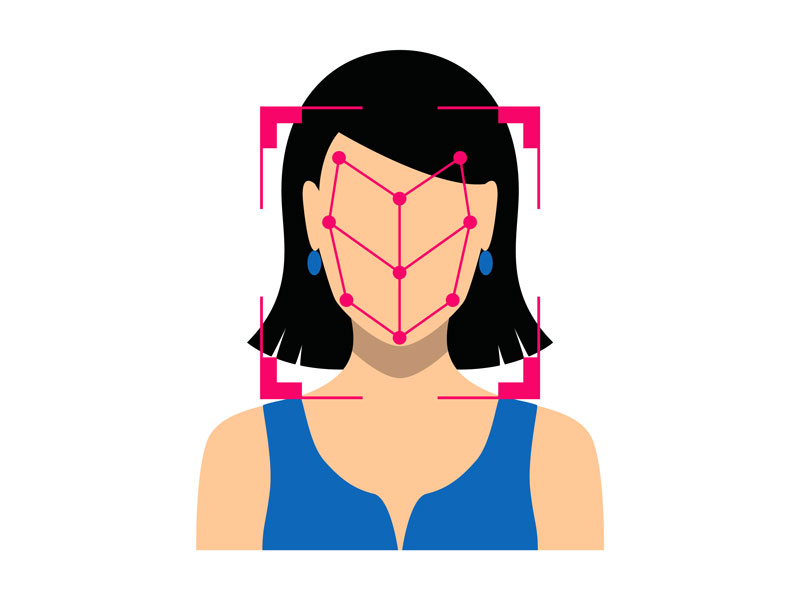Chinese deepfake app goes viral, raising privacy concerns
Zao, a deepfake face-swapping app, has gone viral in China following its launch on August 30. Many are concerned it puts users’ privacy at risk

The Chinese Government has been investing heavily in facial recognition technology as part of its mass surveillance system
Zao, a Chinese app that allows users to swap their faces with celebrities in video clips, has gone viral within days of launching on August 30. However, the app quickly gained notoriety amid concerns over user privacy.
The app, which is only available in China, allows users to superimpose images of their face onto video clips of celebrities such as Leonardo DiCaprio and Marilyn Monroe. At the time of writing, it is the most-downloaded free app on China’s iOS App Store, according to App Annie.
The backlash against Zao demonstrates that people are increasingly aware of the privacy issues surrounding their facial imagery data
However, as the app’s popularity surged, users quickly became aware of a clause in Zao’s privacy policy that stated that the company had “completely free, irrevocable, perpetual, transferrable and re-licensable rights” to the content they created on the platform. This prompted an online backlash.
Zao has since changed its terms and conditions to say that user-generated content will only be used to improve the app and that all deleted content will be removed from its servers. But this hasn’t been enough to end the controversy. Messaging app WeChat proceeded to restrict access to Zao on its platform, citing “security risks”.
China has been investing heavily in facial recognition technology as part of its mass surveillance system. In Hong Kong, protestors wear masks and helmets to conceal their identity, concerned that China’s facial recognition technology could be used to arrest them. The backlash against Zao demonstrates that people are increasingly aware of the privacy issues surrounding their facial imagery data.
The new app also illustrates just how rapidly deepfakes have developed. Unlike earlier deepfake technology, which required hundreds of photos to simulate someone’s appearance, Zao can recreate a person’s likeness in just eight seconds, using only one photo. This is a worrying development, as deepfakes have a wide range of unethical applications, from blackmail to undermining governments by wreaking political havoc.













